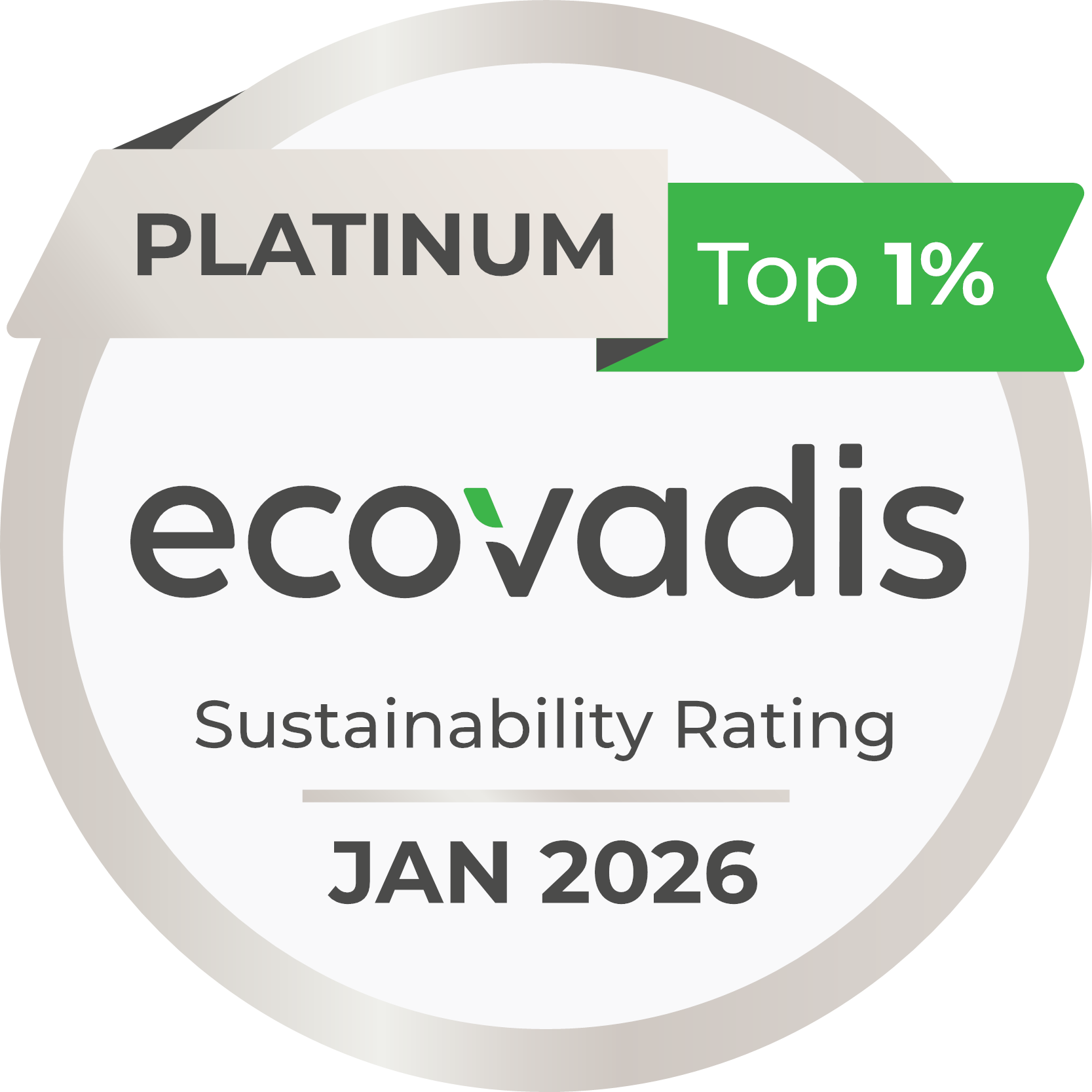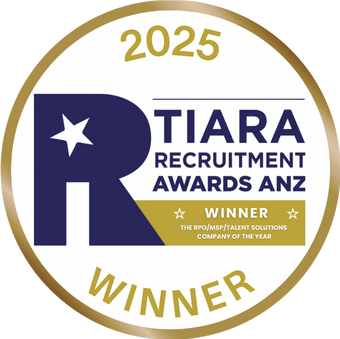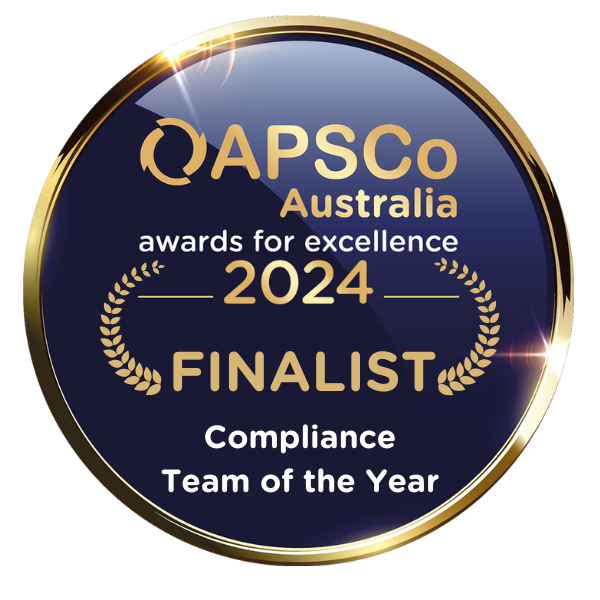Why Work for the APS?
A career in the Australian Public Service (APS) means more than just a job. It’s a chance to make a real difference on a national scale, whether that’s through shaping policy, delivering community services, or supporting essential operations.
And the best part is, you don’t need to move to Canberra to get hired. While around 35% of APS jobs are based in the capital1, the majority are spread across the country, from regional centres to metro hubs. Roles range from administration and service delivery to highly technical and leadership-focused positions.
The APS is also evolving. Over 60% of its workforce are women2, and more than 11% work part-time3. Flexibility, job security, and purpose are three of the biggest reasons why more Australians are making the move to the public sector.
About the Application Process: Here's How it Works
APS hiring follows a merit-based selection model. This means candidates are assessed on their ability to perform the role, not who they know or where they’ve worked before.
Applications typically involve:
- A resume and pitch statement.
- Screening for eligibility. Carefully review the job description, which outlines key eligibility requirements such as Australian citizenship or the ability to obtain a security clearance. If you don’t meet these, it’s best not to apply.
- Behavioural and capability-based interviews.
- Skills assessments or work sample tests (in some cases).
- Reference checks.

👉 Want a deep dive? Check out our APS Jobs FAQ for answers to common questions about merit pools and the recruitment process.
Top insights from our recruiters
- Generic applications don’t go far. Craft a pitch that speaks directly to the role’s selection criteria.
- Meet word limits but don’t exceed them. Excessively long answers can hurt your application.
- Don’t leave mandatory questions blank and always double-check for spelling or grammar errors.
- AI tools can help generate ideas but often sound generic. Your application still needs to feel human and showcase your own achievements.
👉 Check out APSC’s Work Level Standards to understand expectations for each APS level.
👉 You can also learn more about the APS Merit Principle.
What to Expect During the Recruitment Process
Recruiting in government isn’t always fast, but it is thorough. Here’s what to prepare for:
- 6-10 weeks from application to offer is common (sometimes longer than that).
- The outcome is communicated only once the final selection report recommendation is approved by the delegate.
- Interviews are often conducted by a panel and based on behavioural and/or scenario questions.
- Security clearances or additional vetting may extend onboarding timelines after an offer is accepted.
Stay engaged, follow up with your recruiter, prep thoroughly, and keep in mind that delays aren’t always a reflection of your suitability.
Pro Tip
It’s a numbers game. Many candidates don’t land their first APS role after applying only once, but persistence pays off.
When we're involved in the recruitment phase, we keep candidates updated every 2-3 weeks where possible.
If you’re waiting for an outcome but have another offer in hand, we’ll help you weigh up your options honestly.
Writing a Strong Application: Tips That Will Make You Stand Out
Your pitch statement is the most critical part of your APS application. It’s where you show how your experience aligns with the job’s selection criteria.
Top tips:
- Use the STAR method (Situation, Task, Action, Result) to structure examples.
- Tailor your pitch to the job ad’s capabilities and duties.
- Think about transferable skills, especially if you’re coming from the private sector.
- Avoid jargon or broad claims. Be specific about what you’ve achieved.
What APS Levels Mean and Where You Might Start
APS roles are graded from APS1 to SES Band 3, with different responsibilities, pay bands, and experience requirements.
Most first-time applicants enter at:
- APS3-APS4: Ideal for candidates with some industry or admin experience
- APS5: A good entry point for professionals or graduates with strong communication and/or analysis skills
👉 Explore the APSC’s Integrated Leadership System to understand the behaviours and traits valued at each level.
What You Should Know
As recruiters who place hundreds of candidates into APS roles every year, here are a few insights we wish more applicants knew:
- You don’t have to meet every criteria: if you can demonstrate capability and willingness to learn, you’re still in the running.
- We can help explain how your private-sector experience translates into the APS environment.
- We provide guidance throughout: from writing a compelling pitch to preparing for interviews.
Here are some of the most common panel questions:
- Why did you apply? Show you’ve researched the agency and align your motivation with their mission or projects.
- What skills do you bring that will add value? Focus on the capabilities the role requires and provide 1 or 2 specific examples of how you’ve applied them.
- Tell us about yourself: link your answer to the organisation’s mission and priorities. Don’t tell your whole life story.
Ready to Apply?
Chandler Macleod partners with federal agencies across Australia. If you’re ready to take your first step into the APS:
Information Sources:




















